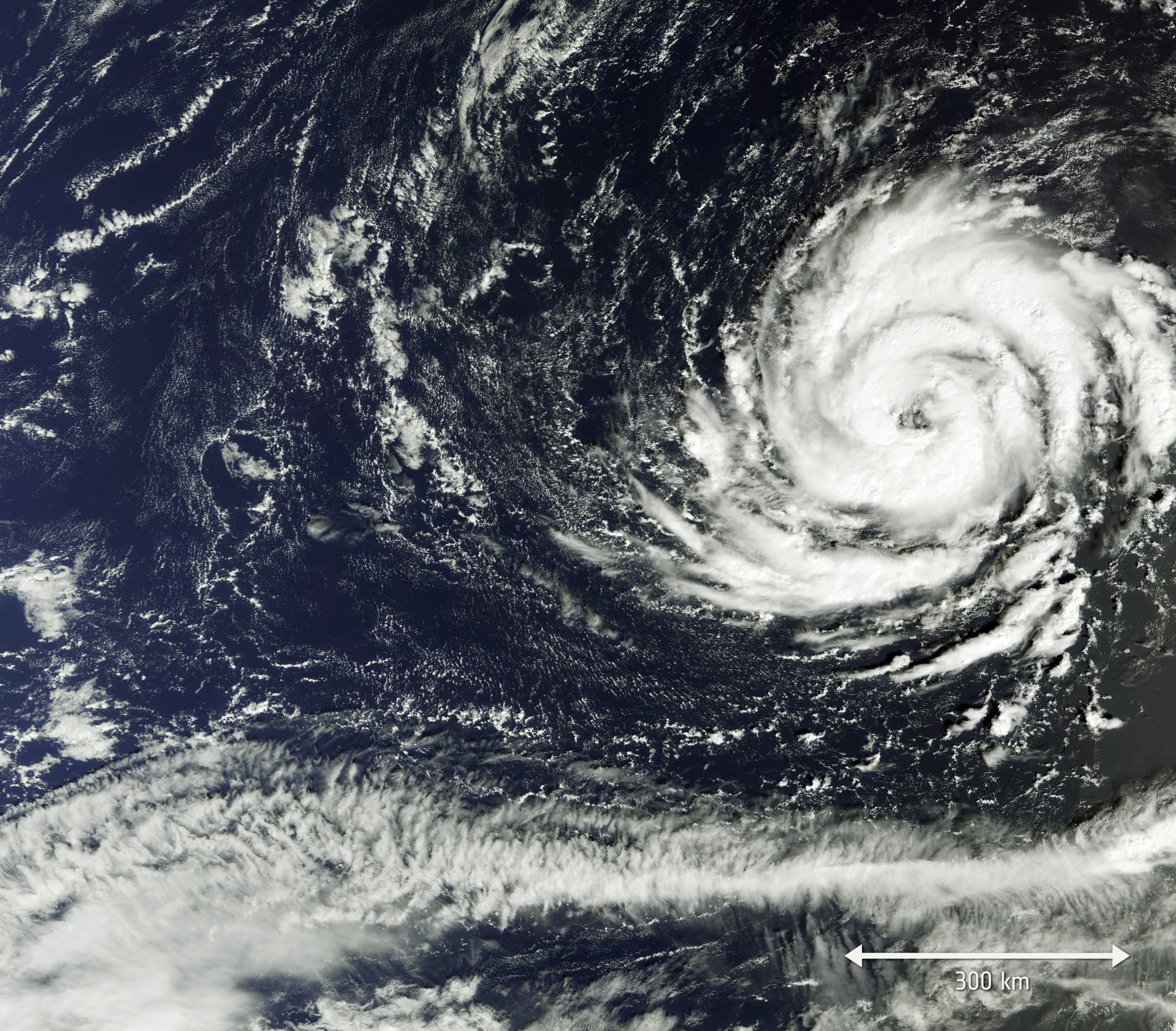Hurricane Ophelia: Ireland braces for worst Atlantic storm in almost 60 years
System has strengthened to category 1 storm as it moves towards British Isles

Your support helps us to tell the story
From reproductive rights to climate change to Big Tech, The Independent is on the ground when the story is developing. Whether it's investigating the financials of Elon Musk's pro-Trump PAC or producing our latest documentary, 'The A Word', which shines a light on the American women fighting for reproductive rights, we know how important it is to parse out the facts from the messaging.
At such a critical moment in US history, we need reporters on the ground. Your donation allows us to keep sending journalists to speak to both sides of the story.
The Independent is trusted by Americans across the entire political spectrum. And unlike many other quality news outlets, we choose not to lock Americans out of our reporting and analysis with paywalls. We believe quality journalism should be available to everyone, paid for by those who can afford it.
Your support makes all the difference.Ireland is bracing itself for what could be the worst storm since 1961, according to Met Éireann, the country’s national meteorological service.
Hurricane Ophelia, which is currently south-west of the Azores islands near Portugal, 2,500km away from Ireland, is expected to hit the country’s west coast on Monday.
By this time, it will have lost its hurricane status but will still be a powerful storm. Areas including Cork, Kerry, Clare and Galway & Mayo are set to see wind speeds in excess of 130kmh (80mph).
The Irish meteorological service has issued its highest possible "status red" warning ahead of the arrival of Ophelia.
It is feared large waves may lead to flooding in coastal areas.
The tropical storm is currently making its way across the Atlantic as a category 1 hurricane with winds of up to 100mph.
A Met Éireann spokesperson told The Independent the storm could cause as much damage as Hurricane Debbie, a 1961 storm which killed 16 people in the Republic of Ireland and two people in Northern Ireland.
“The tail end of hurricanes often affect Britain and Ireland, but usually, by the time they reach us they will have lost most of their power,” the spokesperson said.
“We’ve had a very active hurricane season, but the remains of Hurricanes Maria and José passed us by harmlessly, as is usually the case.
“But Ophelia is unusual because hurricanes would usually come from America or the Caribbean, whereas this one is coming from the southwest, below the Azores.
“It’s worth noting that Hurricane Debbie also came from this unusual direction and source region.”
Damage to properties, infrastructure and the agricultural sector from Hurricane Debbie cost as much as £37m, according to meteorologists Kieran Hickey and Christina Connolly-Johnson.
This Atlantic hurricane season has produced 15 named storms, the most since the late 19th century, resulting in more than £200bn worth of damage.
The weather front will have lost most of its power over the sea before making landfall in the British Isles, although Cornwall, Devon and Dorset can expect some disruption, according to the UK Met Office.
Join our commenting forum
Join thought-provoking conversations, follow other Independent readers and see their replies
Comments